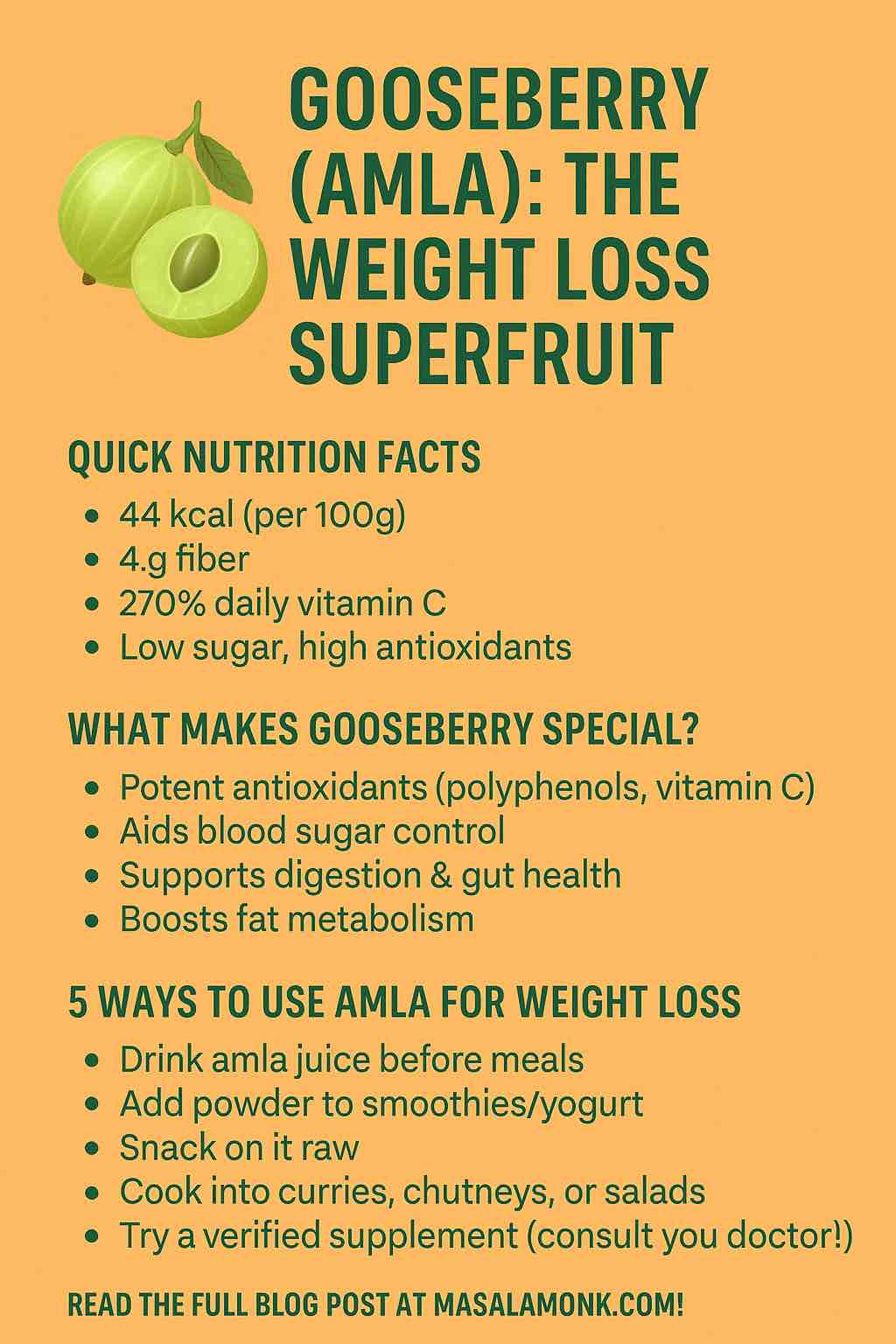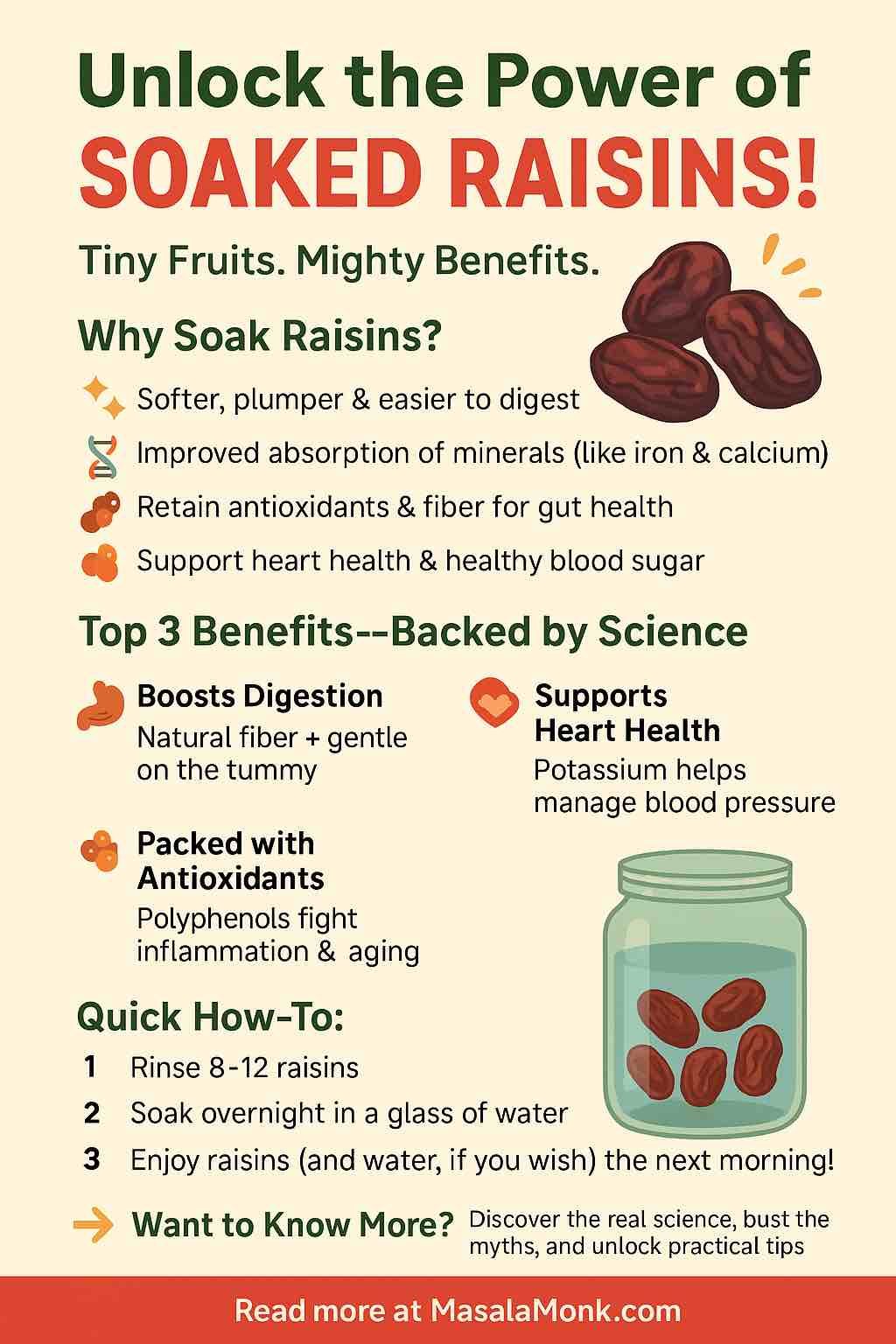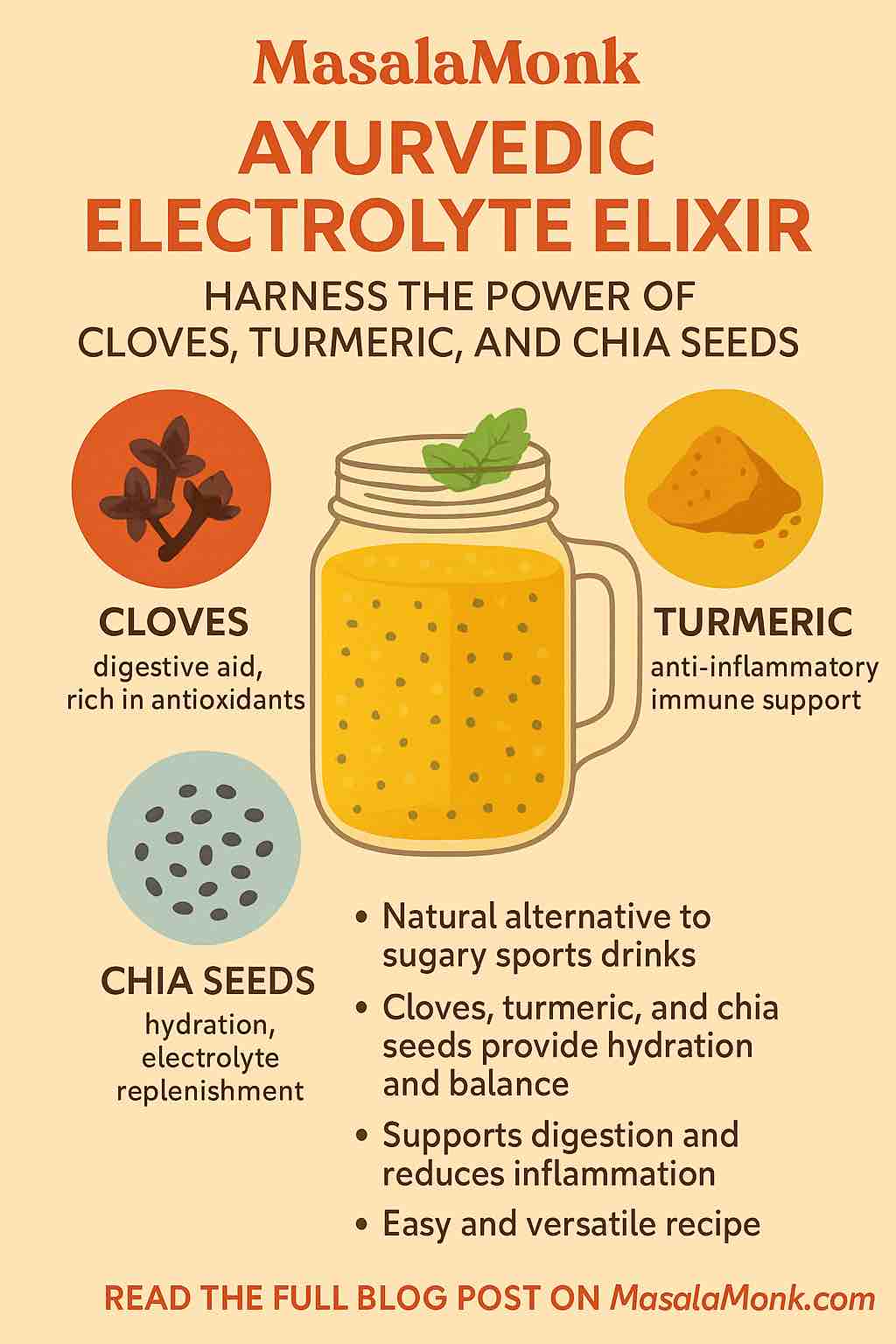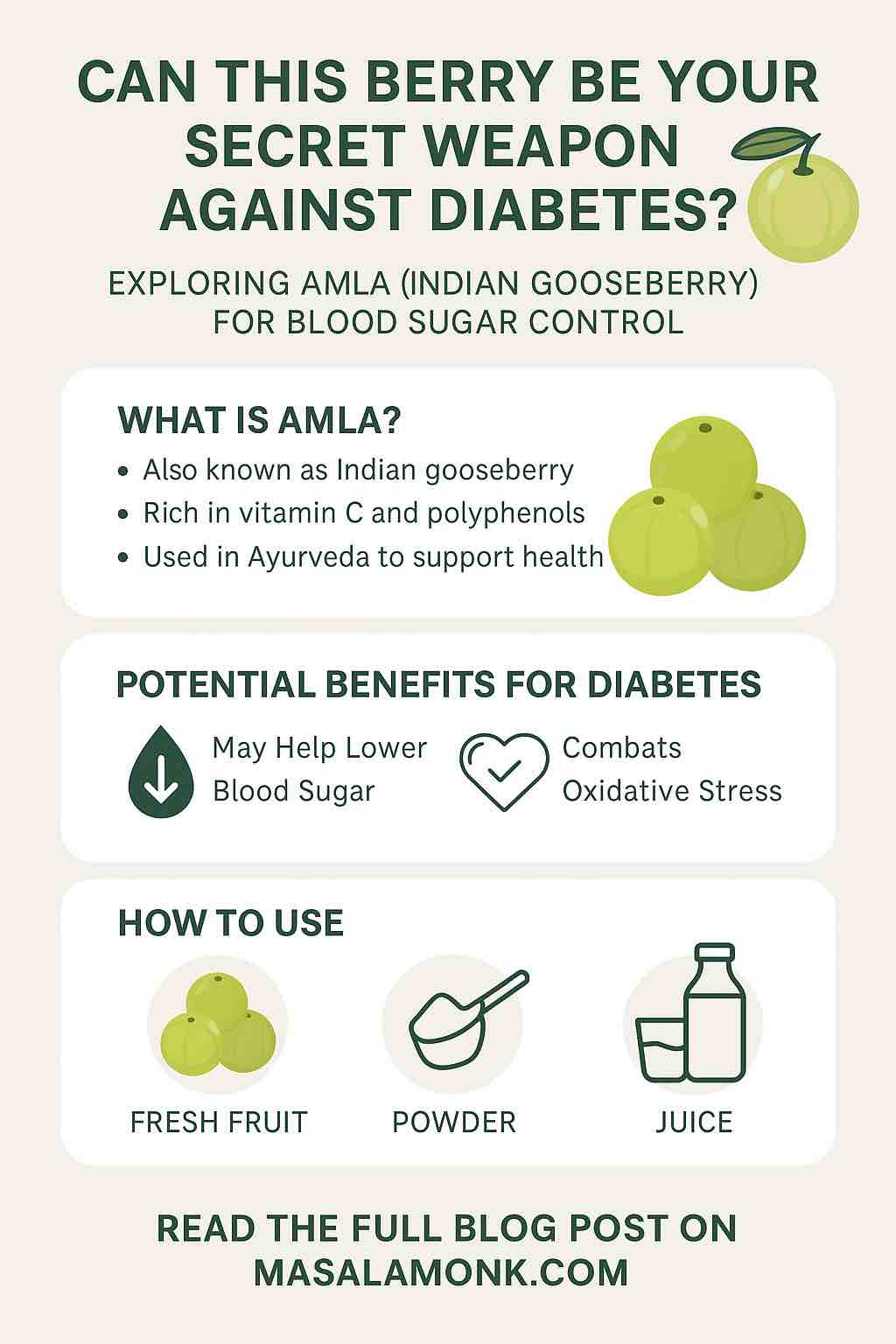
If you’ve wandered through an Indian market or glanced at Ayurveda blogs, you’ve probably seen the bright green, marble-sized amla—or gooseberry—sitting quietly between more glamorous fruits. But don’t let its humble look fool you. Backed by ancient tradition and now cutting-edge science, amla is fast becoming a global superfood, especially for those on a journey toward weight loss and metabolic health.
In this deep dive, we’ll explore what makes gooseberry so powerful, the latest research on its benefits, and—most importantly—how you can actually incorporate it into your life for weight loss that feels natural, sustainable, and science-backed.
Section 1: Nutrition Snapshot – Why Gooseberry Packs a Punch
Amla (Phyllanthus emblica), also known as Indian gooseberry, is a low-calorie, high-fiber, vitamin C powerhouse.
Here’s what 100 g of raw amla provides:
- Calories: ~44
- Fiber: ~4.3 g
- Vitamin C: ~300–450 mg (that’s 5–10x an orange!)
- Vitamin A, E, polyphenols: potent antioxidants
- Minerals: potassium, iron, manganese
What does this mean for you?
- Low sugar, high fiber: keeps you full with minimal calories.
- Antioxidant density: helps your body recover from stress, exercise, and daily wear.
- Vitamin C: not only boosts immunity but also helps in fat oxidation and metabolism.
Section 2: Latest Science—What the 2024–2025 Research Reveals
Forget old wives’ tales—modern science has thrown its weight behind amla, especially in weight loss, metabolic health, and cardiovascular wellness.
1. Blood Sugar & Fat Reduction
A 2023–2024 review of clinical trials found that taking amla supplements (500 mg–3 g daily) for 8–12 weeks led to:
- Lower fasting blood sugar
- Reduced LDL (“bad” cholesterol) and triglycerides
- Improved HDL (“good” cholesterol)
- Smaller waistlines in overweight and prediabetic adults
2. Synergy with Olive Extracts
A real-world study from Belgium (2024) showed that combining amla with olive polyphenols amplified blood sugar and cholesterol reduction—an exciting frontier for people with metabolic syndrome.
3. Liver and Belly Fat
Animal and human studies show amla reduces visceral fat and fatty liver, key players in stubborn belly weight.
4. Antioxidant & Anti-inflammatory Power
Its polyphenols, gallic acid, and vitamin C reduce inflammation and oxidative stress—helping your body burn fat more efficiently and recover faster.
Section 3: 5 Practical, Proven Ways to Use Gooseberry for Weight Loss
1. Drink Fresh Amla Juice Before Meals
- How? Blend 1–2 raw gooseberries with water; add a dash of black salt or ginger. Drink ~30 minutes before main meals.
- Why? Studies show this may help curb appetite, lower post-meal sugar spikes, and kickstart metabolism.
2. Sprinkle Amla Powder Into Smoothies or Yogurt
- How? Add ½–1 teaspoon of high-quality amla powder into your morning smoothie, yogurt, or oats.
- Why? Boosts fiber, antioxidants, and satiety—without any extra fuss.
3. Munch It Raw as a Snack
- How? Slice or quarter fresh gooseberries, sprinkle a little salt or chili, and snack away.
- Why? Perfect for beating midday cravings with almost zero calories.
4. Cook with Amla: Add to Dals, Chutneys, and Stir-Fries
- How? Grate or chop amla into dals, lentil soups, raitas, or vegetable stir-fries.
- Why? Adds a tangy flavor, preserves nutrients, and sneaks in extra fiber.
5. Take a Standardized Supplement (with Olive Extract, If Possible)
- How? Choose an amla extract capsule (look for ≥60% phenolic content; avoid unverified brands).
- Dosage: 500 mg–1 g twice daily, preferably before meals. Always consult your healthcare provider—especially if you’re on medications.
- Why? Consistency is key; supplements offer a reliable way to get clinical doses.
Section 4: Real-World Tips for Lasting Results
Consistency beats intensity: Add a little amla daily, not just during “detox” weeks.
Combine with a healthy lifestyle: Amla amplifies, but doesn’t replace, diet and exercise.
Monitor your progress: Track weight, waist, blood sugar, and cholesterol.
Stay hydrated: Amla is naturally astringent; drink water to help your system process its fiber.
Section 5: Are There Any Downsides?
- Possible acidity: If you have a sensitive stomach, dilute juice or combine amla with honey.
- Medication interaction: Amla can amplify blood sugar-lowering and blood-thinning meds—talk to your doctor first.
- Kidney stone risk: Amla contains oxalates; those with a history should moderate intake.
Section 6: Frequently Asked Questions
1. What is the best form of gooseberry for weight loss—fresh, powder, juice, or supplement?
Answer:
All forms offer benefits, but fresh or powdered amla retains the most nutrients and fiber. Juice is easy to consume but loses some fiber. Standardized supplements are great for consistency and concentrated effects, especially if you can’t access fresh amla. Always ensure supplements are quality-tested.
2. How much amla should I consume daily for weight loss and metabolic health?
Answer:
Most clinical studies use 500 mg to 3 grams of amla extract daily, or 1–2 fresh fruits per day. If using powder, 1 teaspoon (about 3–5 grams) is typical. Start small to check tolerance, and consult your doctor if you’re on medication.
3. Can I eat gooseberry on an empty stomach?
Answer:
Yes, but some people may experience acidity or discomfort due to its tartness. If you’re sensitive, mix with water or honey, or eat after a light meal.
4. Are there any side effects of consuming amla?
Answer:
Amla is generally safe. Potential side effects include mild acidity, stomach upset, or, rarely, allergic reactions. High amounts could be an issue for those prone to kidney stones due to oxalates.
5. Is amla safe for diabetics and people with high blood pressure?
Answer:
Yes—amla can help lower blood sugar and blood pressure. However, it can amplify the effects of diabetes or blood pressure medication. Monitor levels closely and consult your doctor about dosage.
6. How soon can I expect to see weight loss or health improvements?
Answer:
Most people notice changes in 8–12 weeks with consistent use, alongside a balanced diet and exercise. Improvements in digestion and energy may be noticed earlier.
7. Can children or pregnant women consume gooseberry?
Answer:
Fresh amla in small amounts is generally safe for children and pregnant women. However, supplements and high doses should be avoided unless approved by a healthcare provider.
8. Can I use gooseberry if I have a history of kidney stones?
Answer:
Amla contains oxalates, which may contribute to stone formation. If you have a history of kidney stones, use amla in moderation and consult your healthcare provider first.
9. What should I look for in an amla supplement?
Answer:
Choose supplements standardized to at least 60% polyphenol content, verified by independent testing (like ConsumerLab or USP), and free from contaminants. Prefer capsules or powders over tablets for better absorption.
10. Can I combine amla with other natural supplements or superfoods?
Answer:
Yes! Combining amla with olive extract, turmeric, ginger, or black pepper may enhance health benefits due to synergistic effects. However, always introduce new supplements one at a time to monitor your body’s response.
Conclusion: Make Gooseberry Your Secret Weapon
Amla isn’t just another trendy superfood. With deep roots in tradition and growing modern evidence, it’s a practical, powerful addition for anyone serious about weight management and metabolic health. Whether you’re sipping it as a tangy morning shot, sprinkling the powder on breakfast, or integrating it into your meals, gooseberry deserves a place in your routine.
Ready to try it? Start small, stay consistent, and watch your body thank you.
References: 2023–2025 clinical studies, ConsumerLab reviews, real-world trials, and expert nutritionist recommendations.













